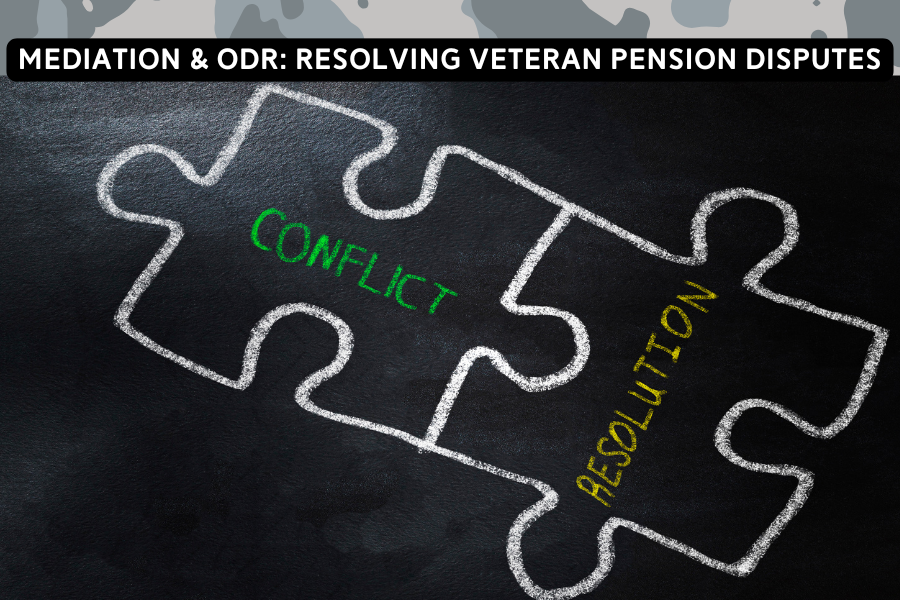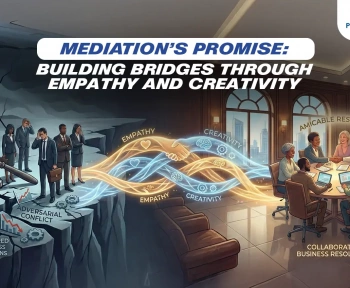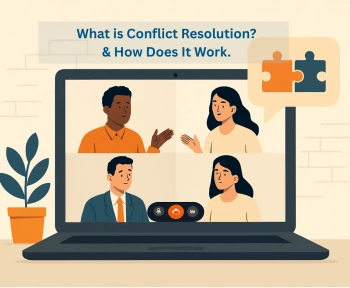“As it is, there are only a few people willing to serve in the armed forces. Why should the Union drag such people to this court? They have served the Union after all. Day in and day out, these matters are brought here”
On January 30, 2025, a bench comprising of Justice Abhay S Oka and Justice Ujjal Bhuyan made these remarks while hearing an appeal filed by the Union of India before the Supreme Court, against an Order of the Armed Forces Tribunal (AFT) given in 2021, which had granted 50% disability pension to a retired Radio fitter on account of being diagnosed with Type 2 Diabetes and Primary Hypertension in the course of his service.
The Bench while dismissing Union’s appeal expressed concern over what sort of impact litigations such as these might have on the morale of the armed forces, the court then asked the Union Government to consider framing a litigation policy to prevent unnecessary legal battles against veterans.
The Supreme Court has raised concerns regarding the Unions practice of dragging Veterans and their family members to court for issues relating to pension on prior occasions as well. In Union of India & Ors. V/s Saroj Devi (2024 INSC 921) the Apex Court had levied a cost of Rs. 50,000 on the Union for bringing the case of a widow claiming pension on behalf of her late husband, while making the observation that “Soldier’s widow should not have been dragged to Court”.
The issue raised by the Apex Court is a serious one and requires immediate attention, while the Centre has been asked to frame a policy. It is worth noting that such practices not only lead to lowering morale of the armed forces, but prolonged litigation also causes immense financial and emotional strain on veterans and their families, it also undermines those who dedicated their entire lifetime in the service of the Country.
Having said that, thinking that the Union Government has not taken any steps to alleviate the pain of veterans would be wrong, it is worth noting that the Union Government has launched several initiatives for making the process of claiming pension for veterans and their families more transparent and efficient, with initiatives like Project NAMAN being in its first phase, the project focuses on the implementation of the System for Pension Administration Raksha (“SPARSH”), which is a digital pension system aiming to streamline pension related process for Defense personnel. The introduction of the One Rank One Pension Scheme is another notable initiative aimed towards providing same pension for same work and same length of service irrespective of the year of retirement. Another notable initiative of the Union Government is the holding of Pension Adalats for facilitating redressal/resolution of disputes between pension issuing authorities and pensioners.
However, despite these efforts there are numerous cases that still end up in court one way or another. While a call to implement a litigation policy has been made by the Apex Court. The proposed litigation policy should focus more on Alternative Dispute Resolution (“ADR”) as a means of dispute resolution rather than resorting to traditional and adversarial form of litigation for addressing issues relating to disputes of pension for veterans. A litigation policy which digresses from the adversarial nature of litigation and focuses on Mediation as a preferred means of dispute resolution can work wonders, as the litigants (who are mostly veterans or heirs of veterans) will be spared from courtroom formalities, prolonged time-consuming process of going from court to court for relief, instead the Parties will be left to work things out in an ‘outside of court’ setting to settle their matter in an amicable manner.
In this regard Online Dispute Resolution (“ODR”) as a means of settling such disputes can be looked into, as ODR can provide expeditious dispute resolution; while doing away with the need for voluminous paperwork, this can come as an immense relief to the pensioners.
Additionally, not having to litigate against the Union Government, would come not only as a relief to the Union Government itself, but more importantly to the Veterans and their families, as being provided an amicable setting for resolution of disputes can be the source of morale boost for armed forces. Moreover, inclusion of ODR will not burden the Government departments with additional infrastructure costs as such Centres can be completely virtual and be established with Public-Private-Partnership, these centres can then be annexed to the Grants office for overseeing disputes relating to Civil and Military section grants/pensions.




